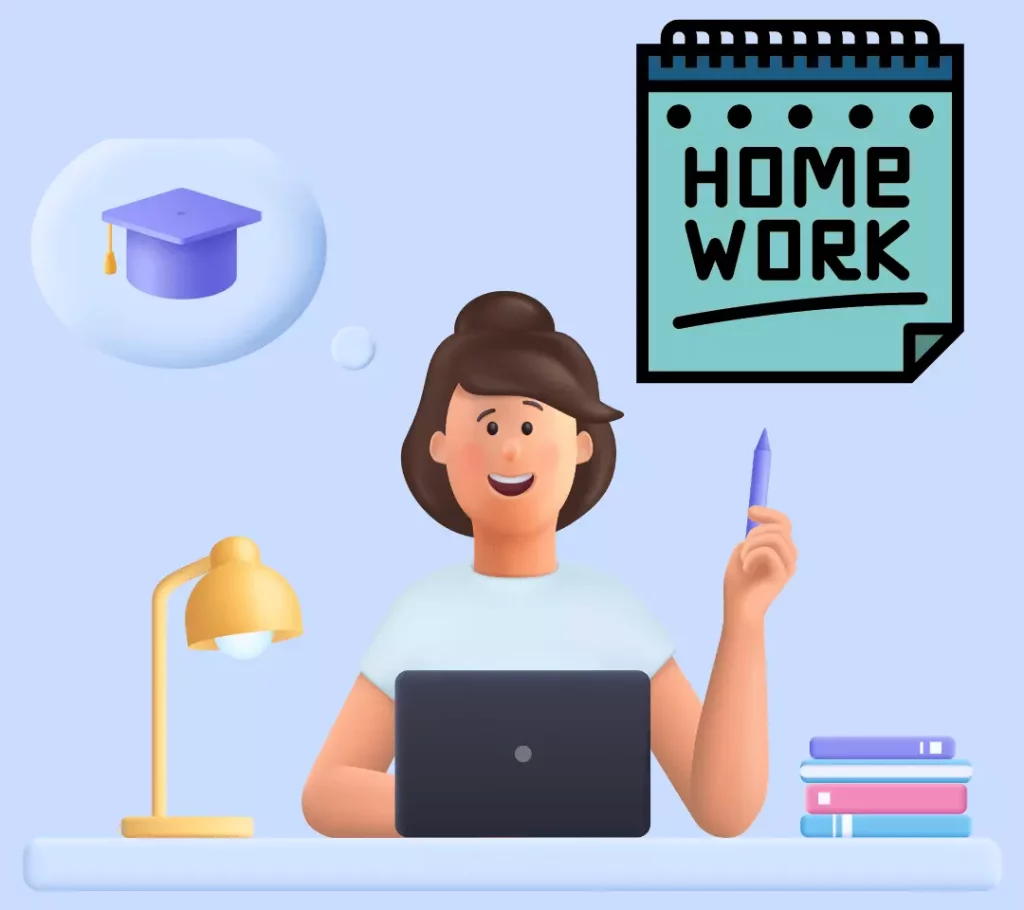We’ve transitioned from an industrial economy to a knowledge economy. This means that skills such as critical thinking, problem-solving, creativity, and the ability to process and understand complex information are in high demand.

What’s more, education can be a powerful tool for personal and social empowerment. It can provide a path out of poverty and is critical for promoting social equality. Studies have shown that societies with greater levels of education tend to have less social unrest and higher levels of civic engagement.
Studying can definitely feel overwhelming at times. There’s a lot of pressure to keep up with all the assignments, tests, and essays, on top of everything else you’ve got going on in your life. When it feels like too much, remember there are resources like Edubirdie out there that you can turn to for support.
One of these resources includes online writing services. They’re there for those moments when you’re really in a pinch, like when you’re stuck on an essay topic or facing a super tight deadline. They can provide a sample paper to help guide your own writing.
Why Invest in Education?
Investing in education is incredibly important, for a bunch of reasons. Let’s chat about a few of them.
1. Brighter Job Prospects
First up, education is often the ticket to better job opportunities. The more educated you are, the more skills you have to offer, and the more attractive you are to employers. Plus, many jobs these days require at least some level of higher education. So, investing in your education is kinda like investing in your future career
2. Higher Earning Potential
Over time, people with more education tend to earn more money. So, while paying for education might seem pricey now, think of it as a long-term investment that’ll pay off down the line.
3. Critical Thinking
Education isn’t just about getting a job, though. It also teaches you important skills that you can use in all areas of life. One of these is critical thinking. Being able to analyze information, think logically, and make reasoned judgments is super important – and it’s something education can help you get better at.
4. Social Skills and Networking
Going to school or college also gives you the chance to meet people from all walks of life. You’ll learn how to work in teams, solve problems together, and communicate effectively. Plus, the people you meet could become part of your professional network later on.
5. Personal Growth
Finally, investing in education is also about personal growth. Learning new things can broaden your horizons, boost your confidence, and even help you figure out what you’re passionate about.
How Does Education Affect the Economy?
Investing in education isn’t just beneficial on an individual level, it can also significantly contribute to economic growth. Let’s go through how that works.
1. Skills Development
Investing in learning means developing a skilled workforce. Businesses thrive on innovative ideas, efficient processes, and competent management. High-quality study programs can provide the skills needed for these, which can lead to increased productivity and economic growth.
2. Attracting Investments
A highly educated workforce is attractive to investors. Companies often choose to invest or locate their operations in areas with a skilled labor pool. This can lead to more jobs, increased economic activity, and economic growth.
3. Technological Innovation
Education, particularly in STEM (science, technology, engineering, mathematics) fields, is crucial for technological innovation. Innovations lead to new industries, more efficient production methods, and economic growth. Think about how technology has revolutionized sectors like communication, transportation, and healthcare.
4. Social Stability
Education can lead to greater social stability by reducing income inequality and poverty rates. More equitable societies often see higher rates of economic growth as there’s broader participation in the economy.
5. Long-Term Growth
Investing in education pays off in the long run. While the benefits of an educated workforce might not be immediate, over time, these benefits accumulate and can lead to sustained economic growth.
Investment Strategies
But how can we invest in studying? Here are some strategies.
- Increase funding for schools to ensure students have access to quality learning environments and resources.
- Make higher education more accessible by providing financial aid, scholarships, and reducing the cost of tuition.
- Invest in vocational training and apprenticeships to prepare individuals for specific careers and industries.
- Improve early childhood education. Research shows that early learning greatly influences a person’s future learning attainment and career success.
- Support continuous learning and skill development for adults. The economy is constantly changing, and it’s important that workers can adapt.
Author’s BIO
Scott Roberts is an online tutor. He is all about turning those confusing lessons into something that makes sense. He’s got the knowledge to help you ace anything from algebra to Shakespearean sonnets. Scott’s teaching style? Think of it as education 2.0. He uses the coolest tech tools out there to make his lessons interactive, engaging, and actually fun.
